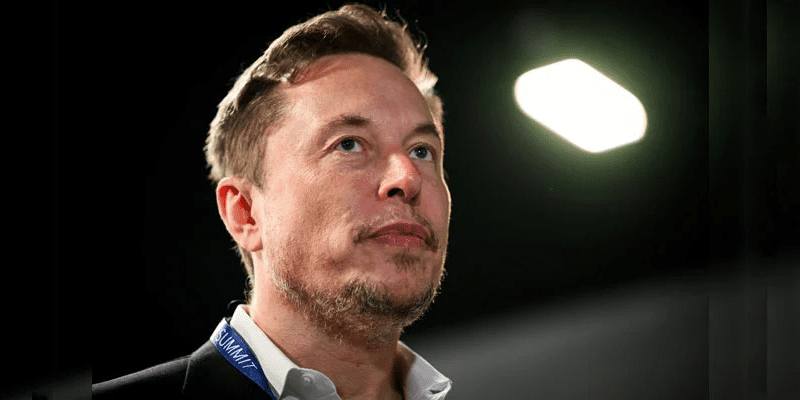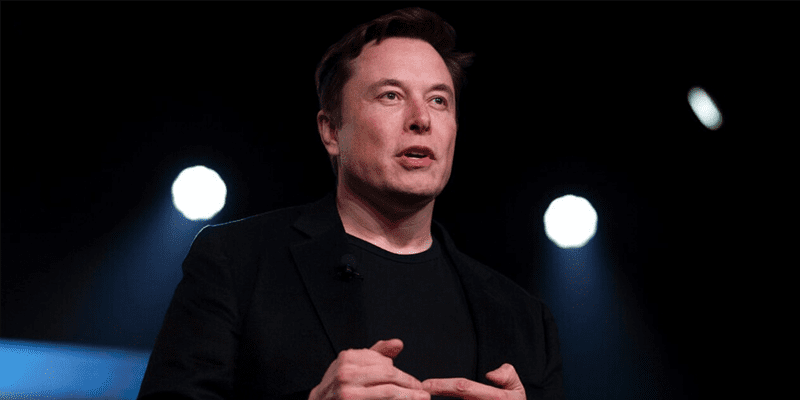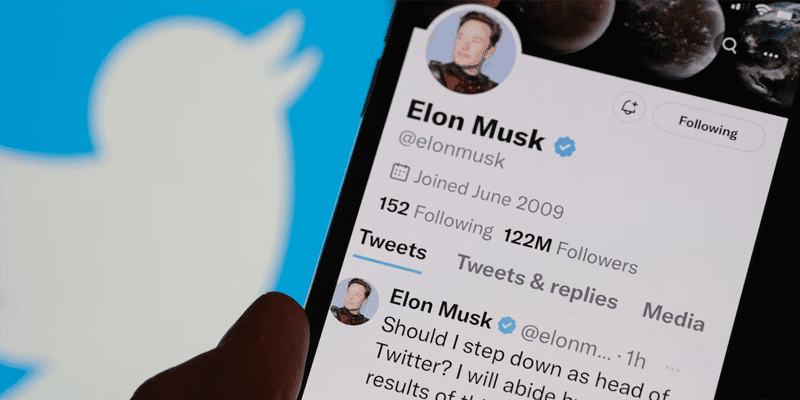Unlocking the intricacies embedded within Elon Musk’s recent pronouncement on social media governance unveils a captivating narrative, delving into the complex interplay of language, historical contexts, and the far-reaching consequences of influential figures’ actions.

Elon Musk's Social Media Policy
Elon Musk CEO Of X (Formerly Twitter)
In a bold social media declaration, Elon Musk, the enigmatic tech magnate and erstwhile CEO of X (formerly Twitter), unveiled a stringent policy targeting specific phrases. This move, characteristic of Musk’s outspoken nature, singles out phrases such as “from the river to the sea” and “decolonisation,” attaching to them the weight of anti-Semitism and the potential to incite hatred against Jews.
Musk’s uncompromising stance sparked substantial controversy, resulting in a looming suspension threat for those daring to transgress the freshly etched guidelines. This development marks a noteworthy divergence from the typical narrative of tech platforms embracing a spectrum of expression, thrusting the discourse into a realm where boundaries are not merely defined but fortified.
Deciphering Musk’s perspective on decolonisation and the contentious slogan “From the River to the Sea” unfurls layers of complexity. Musk contends that “decolonisation” harbors a sinister implication, insinuating a nefarious agenda akin to Jewish genocide. His proclamation underscores an absolute intolerance for what he perceives as overt calls for extreme violence.

Contrastingly, the slogan “from the river to the sea,” deeply embedded in Palestinian history, symbolizes the ardent desire for the liberation of occupied Palestine, spanning from the Jordan River to the Mediterranean Sea. This historical tethering, dating back to 1964 with the Palestinian Liberation Organisation’s advocacy under Yasser Arafat, underscores the enduring struggle against Israel’s actions and the resultant Nakba, a catastrophic displacement of over 750,000 Palestinians from their homes.
Musk’s endorsement of a post deemed anti-Semitic triggered a tidal wave of criticism, emanating even from the White House and catalyzing a cascade effect on X’s advertising landscape. Major brands, in response, temporally suspended their advertisements on the platform, propelling the discourse into a poignant exploration of the symbiotic relationship between social media, influential figures, and global brands.
This pause in advertising activity on X not only prompts a reassessment of content policies but also forces brands to reconsider their affiliations with platforms that potentially harbor controversial content. The ripple effect amplifies the need for responsible utilization of online platforms, unraveling the delicate dance between freedom of expression and the responsibility to prevent the dissemination of hate speech.

Elon Musk’s curtailment of specific phrases on X accentuates the broader conundrum at the nexus of free speech and social responsibility. As online platforms aspire to nurture open dialogue, they grapple with the formidable task of curtailing expressions that may transcend the virtual realm and manifest as real-world harm.
In the ever-expanding sphere of tech giants shaping public discourse, ethical considerations around content moderation loom large. Striking a precarious balance between embracing diverse perspectives and curbing the spread of harmful ideologies necessitates a perpetual reevaluation of platform policies. Elon Musk’s actions serve as a poignant catalyst for a sweeping discussion on navigating the intricate web of social media governance.
In this digital era, where information disseminates at an unprecedented pace, the mantle of upholding ethical standards falls not solely on individuals but also on the platforms facilitating global conversations. Musk’s recent foray into stringent social media governance positions him as a central figure in the ongoing dialogue on the nuanced equilibrium between free speech and the prevention of amplifying messages that may contribute to hatred and violence.

